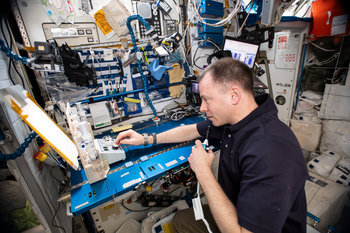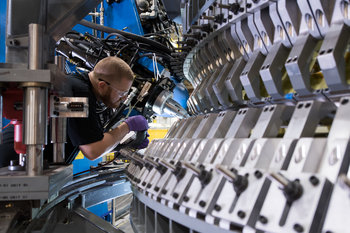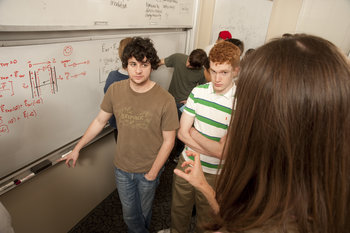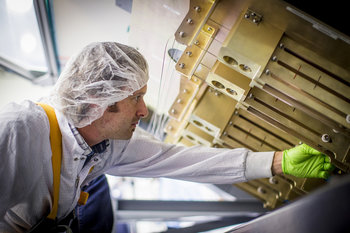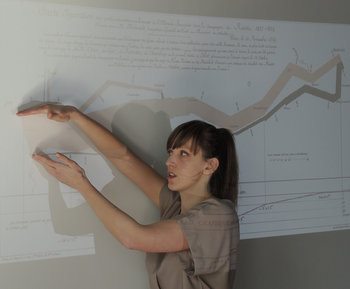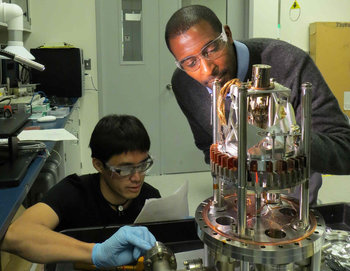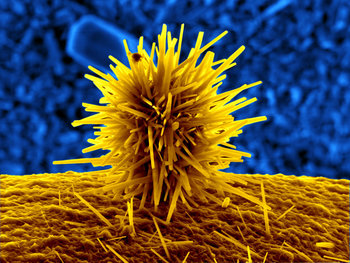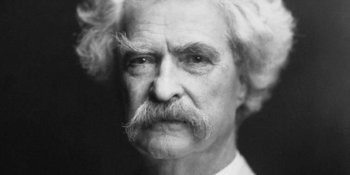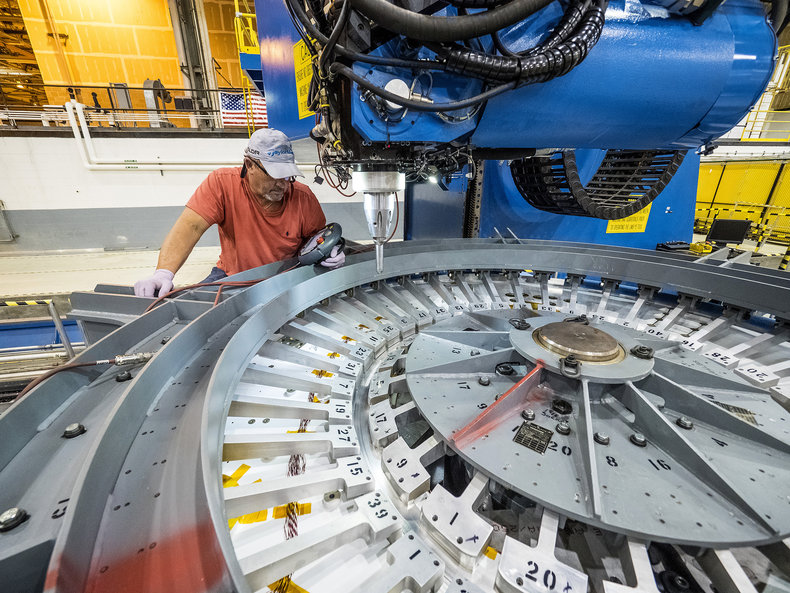
Human Perception
Human perception is fuzzy as our minds are adept at dealing with ambiguity at speed to come up with perceptions that are probably true. Inaccurate perceptions are common.Human Memory
Human memory is impressionistic and vague such that it often not accurate. In some cases, memory is colored by biases, emotion and new information. Memory can change over time as we reinterpret the past.Human Thinking
Humans can deal with grey areas and unknowns such that they are adept at thinking efficiently without complete accuracy. They also have the potential to use systematic modes of thinking such as logic to be reasonably accurate.Human Communication
Language can used to communicate accurately but is more commonly impressionistic, high level and emotionally textured.Nuance
Nuance is the use of precise language. This is conductive to accuracy. For example, if you say that a company is "smart" this completely lacks nuance and may be accurate but only in an imprecise way. However, if you say that the company is good at testing media with the public to invest in films that are likely to draw large audiences -- this is more nuanced, more precise and potentially accurate.Plain Language
Plain language is the practice of avoiding jargon or big words designed to impress. This prioritizes effective communication whereby your audience are more likely to understand you. However, this can potentially sacrifice accuracy as jargon such as scientific words have much meaning attached to them that are lost with plain language.Dumbing Down
Dumbing down is the process of reducing accuracy and precision in order to make information more consumable. For example, an astronaut who tells a story in a way that is inaccurate but basically true in order to bypass technical details that will be likely to bore an audience.Predictions
Predictions are approximations of future outcomes. The future is unknown such that predictions are rarely completely accurate. The accuracy of predictions can be historically measured.Machine Learning
Statistical models can be used to try to predict the future. This is a basic technique used by machine learning and artificial intelligence whereby models are constructed from learning data. These range from accurate to inaccurate and are based on the assumption that the future will resemble the past, or a set of learning data.Precision
Precision is how close repeated measurements are to each other. This has a strange relationship with accuracy. In the context of science, accuracy and precision are strictly separate concepts where accuracy is the correctness of a set of measurements and precision is how close repeated measurements are to each other.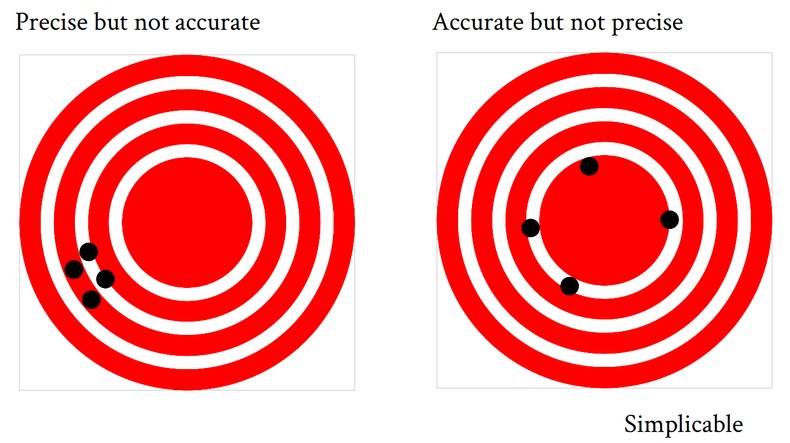
Systemic Error
Systemic error is a flaw in your system for measuring things. For example, a digital scale used in a science experiment that gives incorrect readings. This is a fundamental cause of low accuracy but can produce high precision in some cases. Systemic error can also occur in human process such as a manager who judges the productivity of employees by how early they come in the morning where this doesn't map to actual work throughput or quality.Random Error
Random error are the chance differences in multiple measurements. This can be handled with a large sample size such that large sample sizes tend to increase accuracy. For example, if you see one person in a grey car driving slowly you may conclude that people with grey cars drive slowly. This is likely to be inaccurate because a sample size of one is too small. If you can find data for millions of drivers with car color and driving speeds, you may be able to produce a more accurate theory or model.Work
Accuracy is an important element of work quality. Here accuracy can be defined as work products that are diligently and professionally produced with accurate information. For example, a carpenter who produces a perfectly level floor using measurements such as readings from a tape measure and level.Quality
In the context of quality control, accuracy is how well a product or service conforms to requirements, standards and other reference measurements.| Overview: Accuracy | ||
Type | ||
Definition (science) | The degree to which measurements are true. | |
Definition (general) | The degree to which information, predictions or work are correct and true. | |
Definition (technical) | The correctness and precision of information. | |
Definition (work) | Work products that are diligently and professionally produced with accurate information. | |
Definition (quality) | Work products that conform to requirements, specifications and the standards of a profession or craft. | |
Related Concepts | ||












